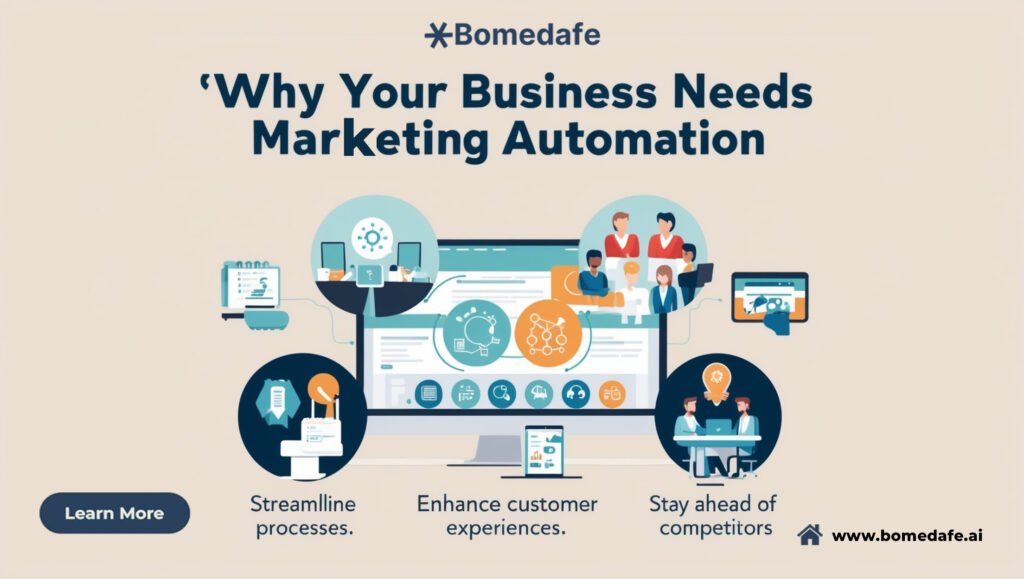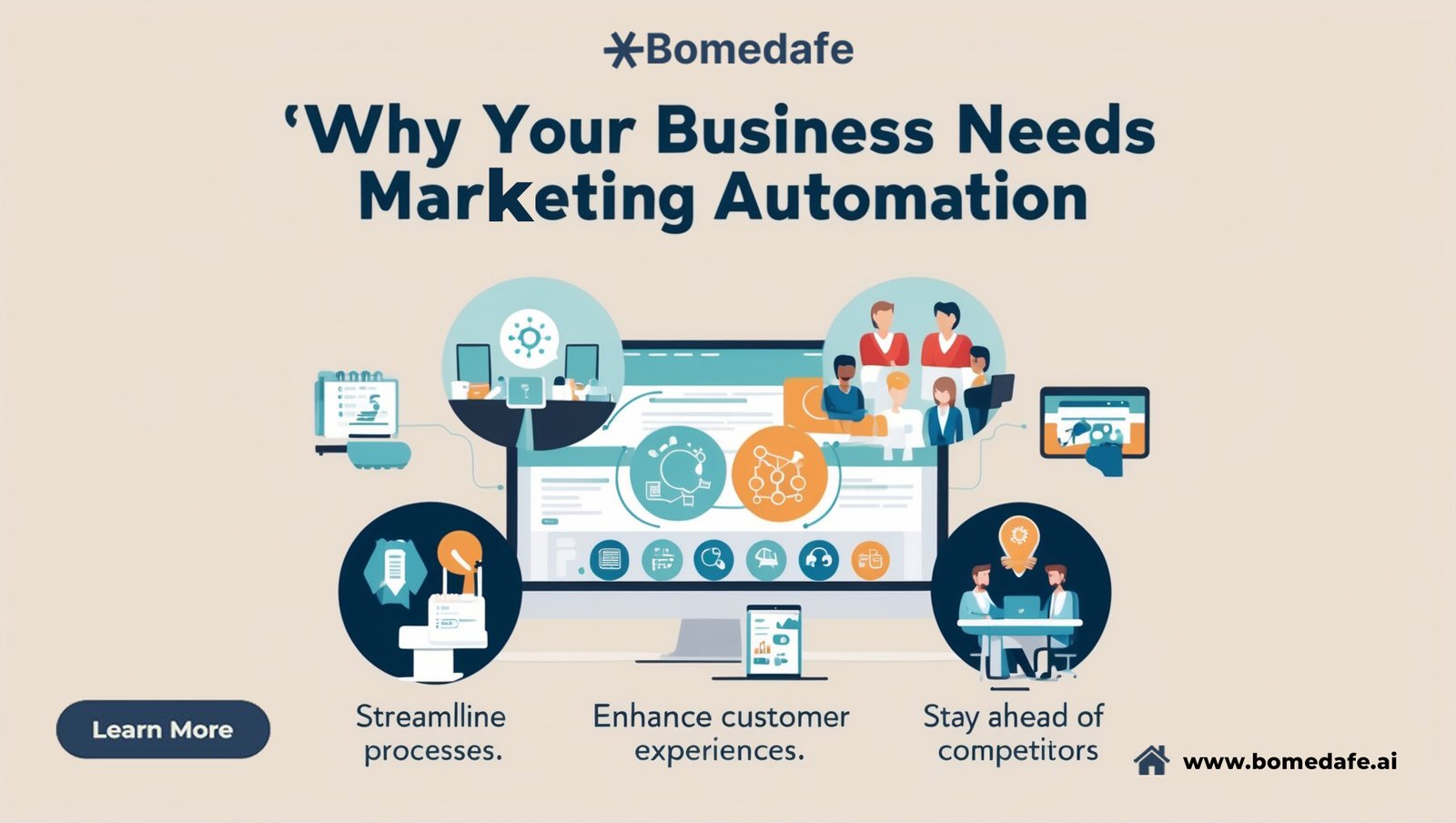
Staying competitive requires more than just a great product or service. It demands efficiency, personalization, and the ability to engage customers at scale. This is where marketing automation comes in, offering businesses a powerful tool to streamline processes, enhance customer experiences, and ultimately, stay ahead of the competition.
The Competitive Edge of Marketing Automation
Efficiency and Productivity
Marketing automation allows businesses to do more with less. By automating repetitive tasks, marketing teams can focus on strategy and creativity, rather than getting bogged down in manual processes1. This increased efficiency translates to faster campaign execution and the ability to manage multiple channels simultaneously.
Personalization at Scale
Modern consumers expect personalized experiences. Marketing automation enables businesses to deliver tailored content and offers to individual customers based on their behavior, preferences, and stage in the buyer’s journey2. This level of personalization was once only possible for enterprises with large teams, but automation has leveled the playing field.
Data-Driven Decision Making
Automation tools provide valuable insights into campaign performance, customer behavior, and ROI. This data empowers businesses to make informed decisions quickly, adjusting strategies in real-time to maximize results3.
Real-World Examples of Marketing Automation Success
Airbnb’s Personalized Email Campaigns
Airbnb uses marketing automation to send customized emails based on users’ past searches and bookings. This targeted approach has significantly increased booking rates and customer engagement2.
Amazon’s Product Recommendations
Amazon’s recommendation engine is a prime example of marketing automation in action. By analyzing user behavior and purchase history, Amazon provides personalized product suggestions, leading to a 30% increase in conversion rates2.
Bomedafe’s Lead Nurturing
Our itself uses marketing automation to nurture leads through personalized content delivery. This strategy has resulted in higher quality leads and improved sales efficiency1.
Implementing Marketing Automation in Your Business
Start with Clear Goals: Define what you want to achieve with marketing automation, whether it’s increasing lead generation, improving customer retention, or boosting sales.
Choose the Right Tools: Select a marketing automation platform that aligns with your business needs and integrates with your existing systems.
Develop a Content Strategy: Create valuable, targeted content that can be used in your automated campaigns.
Set Up Key Workflows: Begin with essential automation workflows like welcome emails, lead nurturing sequences, and re-engagement campaigns.
Continuously Optimize: Regularly analyze your automation performance and refine your strategies based on data and insights.
The Time to Act is Now
In an era where customer expectations are higher than ever, and competition is just a click away, marketing automation is no longer a luxury—it’s a necessity. By implementing marketing automation, you’re not just keeping up with the competition; you’re positioning your business to lead the pack.
Don’t let your business fall behind. Take the first step towards marketing automation today. Whether you’re just starting out or looking to enhance your existing automation strategies, HubSpot offers powerful tools and resources to help you succeed.
Ready to elevate your marketing game? Start your marketing automation journey with HubSpot and stay ahead of the curve.
